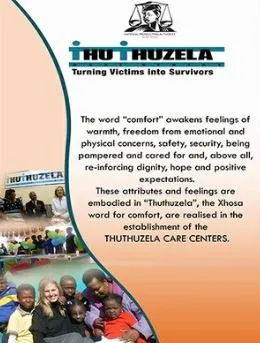
South Africa provides rape complainants with a 28-day course of post-exposure prophylaxis (PEP) to prevent infection with HIV. This course of anti-retrovirals is not easy to complete and adherence to PEP is low. A systematic review and meta-analysis of studies assessing adherence globally found 40.3% of patients completed the treatment, with these rates seeming to be better in developed countries than developing countries. South African studies have reported compliance rates of anything from 0% to over 90%, 57%, 66% and between 31.9% to 38.2% in another study.
Adherence rates can be improved but this does not happen by itself; substantial investment of resources is required to support survivors. This is evident from evaluation of non-profit organisations (NPO) services provided from the Thuthuzela Care Centres (TCC). In the first year of the study organisations reported that 13% of rape survivors they assisted completed their course of PEP. In the second year this percentage more than doubled to 31%.
In 2015 just two NPOs based at the TCCs were undertaking home visits to support PEP adherence. In 2018 this number had increased to 11, with the remaining seven organisations in the sample providing telephonic counselling. In addition, organisations were providing survivors with food to ensure they did not take their medication on an empty stomach, as well as assisting survivors with the costs of their transport to the hospital.
This evaluation showed that survivors need considerable encouragement to complete their course of PEP. This begs the question, if we are spending money to provide the drugs necessary for PEP, why are we not also spending the money to support survivors to complete their PEP? This question is all the more urgent in a context where funding to the NPOs supporting rape complainants ends in March 2019.